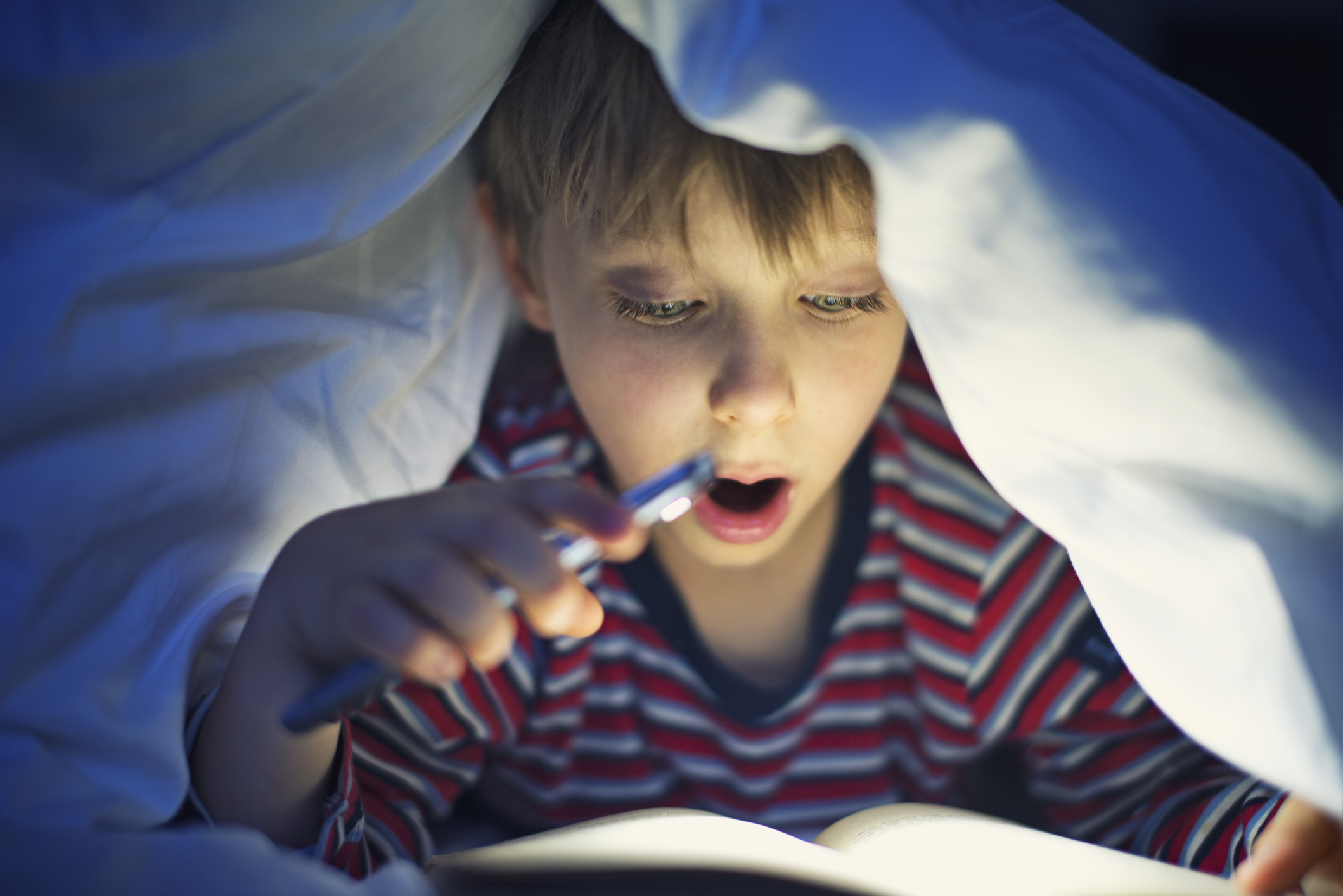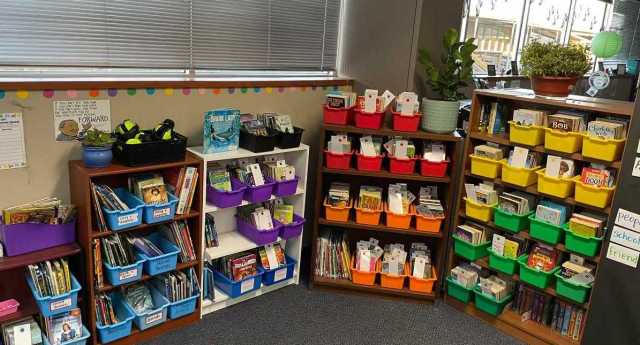“How much more of this can we withstand?”
Emily Clay is an elementary school teacher in Texas and she’s had about enough. With plenty of experience behind her, she’s spent the last decade collecting books to create her students favorite area of the classroom: the library.
This special area has over 1,600 books and likely the envy of most teachers who know just how expensive it can be to curate a collection that keeps kids wanting to read. Unfortunately, the library is in jeopardy.
“According to the state of Texas, this is dangerous. This is a place where children may be indoctrinated or exposed to inappropriate content. This is just one more area where teachers cannot be trusted as educational experts. This is a battleground,” reads a recent Facebook post by Clay.
The state is trying to combat teachers from having collections that have not been vetted by experts––aka, Texas. To do that, they are requiring that every teacher take stock of their class library by inputting the title, author, and year published into a spreadsheet. For someone like Clay with over 1,500 books this is a large feat.
“I already don’t have on-contract time to do all the things we are required to do. What I’m going to do is box up every one of these books and put them away. And these shelves will be bare. I won’t be the only one putting away all of my books. Classrooms across Texas will be bare of libraries because of this,” she says.
Related: Texas School District Removes Anne Frank Adaptation from Shelves

Being required to take on such a task is just the tip of the iceberg for teachers. The bigger issue is the barrier the process is putting between children and reading, oftentimes at the expense of learning to love reading in the first place.
“One of my favorite things about my job is getting emails from parents telling me how enthusiastically their child is now reading at home. How are kids going to learn to love to read if they can’t hold books in their hands?” Clay writes.
The move likely comes as a result of small groups of parents making waves about books they don’t see as fit for their child, and extending it to every child in the state. “They’ve made it clear they think we’re all in this profession to tarnish and brainwash their children…And just like with everything else in our under-funded, under-respected, over-worked, under-paid, under-staffed industry, we’re probably all going to roll over and take it. And more teachers will continue to quit.”
For Clay, banning books in the classroom isn’t just about restricting access to literature. It’s representative of the lack of respect and trust that teachers are given in their efforts to educate children.
“I LOVE my students. I would NEVER put anything in my classroom library that I thought might expose them to something inappropriate or too mature. I know I can get parent volunteers to come in and donate their time to help me catalog my extensive collection. But what I’m really mourning is the absolute lack of trust in highly-trained educators who have poured their souls into this profession and the children of people who believe we’re indoctrinating them.”











